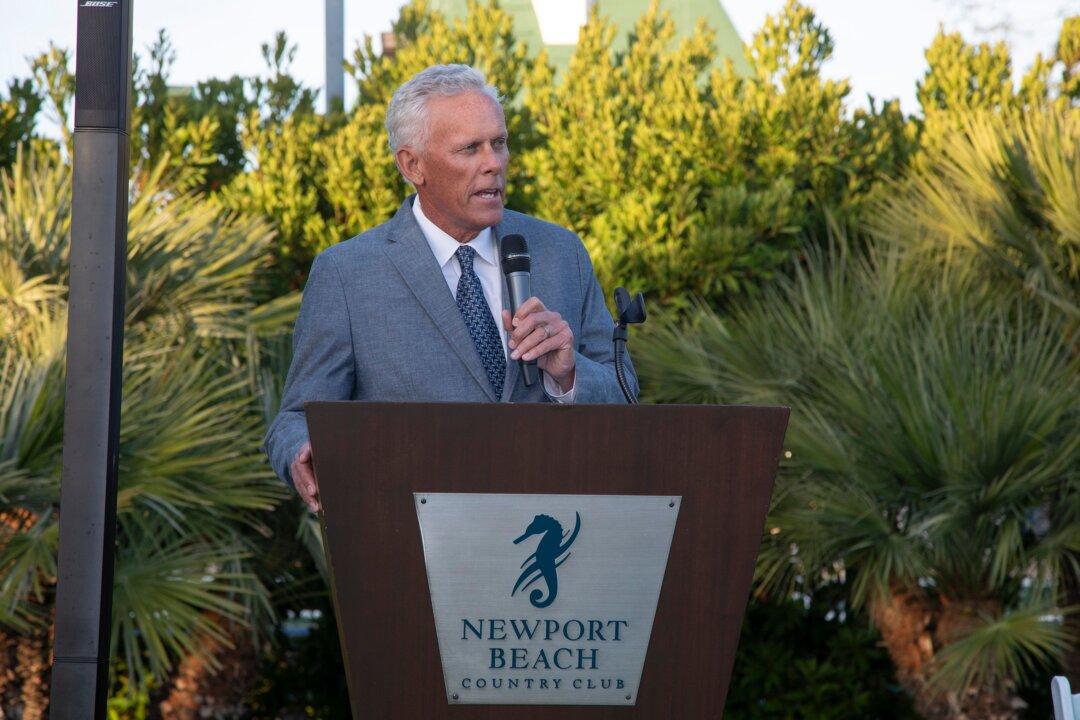NEWPORT BEACH, Calif.—The Newport Beach City Council approved a controversial mixed-use development along the Mariner’s Mile stretch of Pacific Coast Highway [PCH] that it’s been grappling with for months, potentially setting a new precedent for developers taking advantage of California’s latest housing laws.
The council on July 27 held its fourth public hearing to review a February planning commission decision to approve the project at 2510 W. Coast Highway, submitted by landowner Mark Moshayedi.





